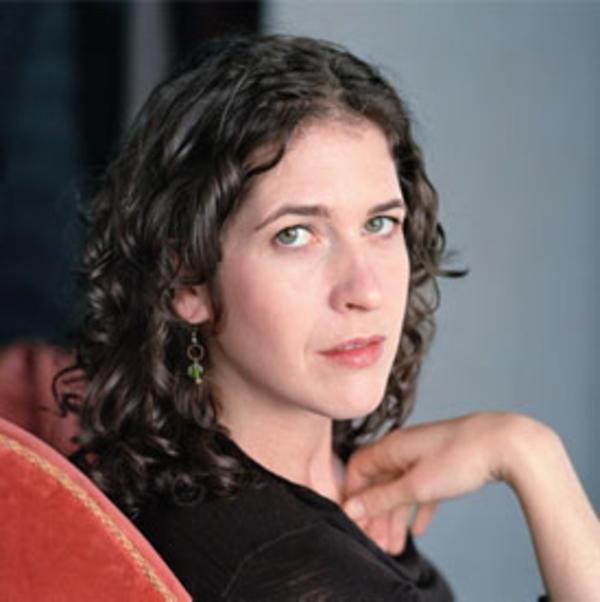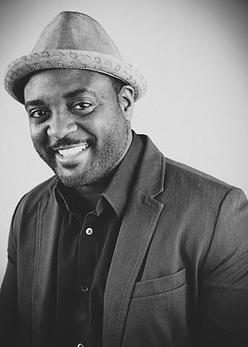James Baldwin finds a unique way to interiority in “Sonny’s Blues,” which was first published in 1957. I say unique, because I’m not sure there’s another story like this; a character’s thoughts and perceptions are normally voiced from that particular character’s point of view. But because Baldwin’s narrator is seeing his brother in a new light, because Baldwin understands the complexities of jazz, and, I believe, because the narrator learns to love his brother in this moment, he is able to look deeply at what Sonny is feeling and thinking, able to get to the internal workings of another soul on the page. Baldwin relies on empathy in “Sonny’s Blues” and brandishes it as a tool, a unique craft element used to construct an effective story.
Late in the story, as the brothers arrive at the nightclub where Sonny will play, Baldwin creates a mood by talking in generalities about music—these sentences aren’t about Sonny, and yet they tell us something about him: “The man who creates the music is hearing something else, is dealing with the roar rising from the void and imposing order on it as it hits the air. What is evoked in him, then, is of another order, more terrible because it has no words, and triumphant, too, for that same reason.” This is Sonny’s struggle and dilemma, to find order in that void. Everything we’ve learned about Sonny to this point adds to the depth of this search. And the narrator sees Sonny’s struggle on stage: “His face was troubled, he was working hard, but he wasn’t with it.”
The beauty and depth of emotion required for jazz and blues are analogous to Sonny’s life in these paragraphs, and the narrator sees this for the first time—he hadn’t bothered to venture into Sonny’s world before. He notes the connection—the humanity, really—that flows back and forth between the musicians on the stage. He sees that Creole, his brother’s friend and bandleader, shares an understanding with Sonny that their journey, in life or music, is the same: “[Creole] wanted Sonny to leave the shoreline and strike out for the deep water. He was Sonny’s witness that deep water and drowning were not the same thing—he had been there, and he knew.” Sonny’s life has been troubled, and the narrator senses that, for Sonny, joy and beauty must necessarily be found through struggle.
Baldwin writes, “Sonny moved, deep within, exactly like someone in torment. I had never before thought of how awful the relationship must be between the musician and the instrument…While there’s only so much you can do with it, the only way to find this out is to try: to try and make it do everything.” The narrator sees Sonny’s struggles through this lens now and, for the first time, understands his brother. “He wasn’t on much better terms with his life, not the life that stretched before him now. He and the piano stammered, started one way, got scared, stopped; started another way, panicked, marked time, started again; then seemed to have found a direction, panicked again, got stuck.”
The essay was published in CRAFT. Read the rest of it here: https://www.craftliterary.com/2020/05/19/empathy-as-craft-gerry-stanek/?fbclid=IwAR02yoMzNdmFfxkAdeBU8zr5HdRjdGzib5_aA2iJ7sHjcKUw4Msx0Vf95Zg






